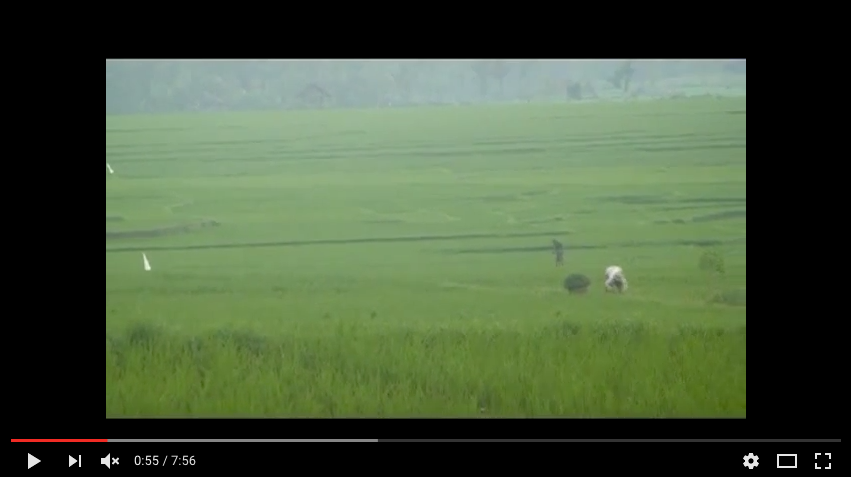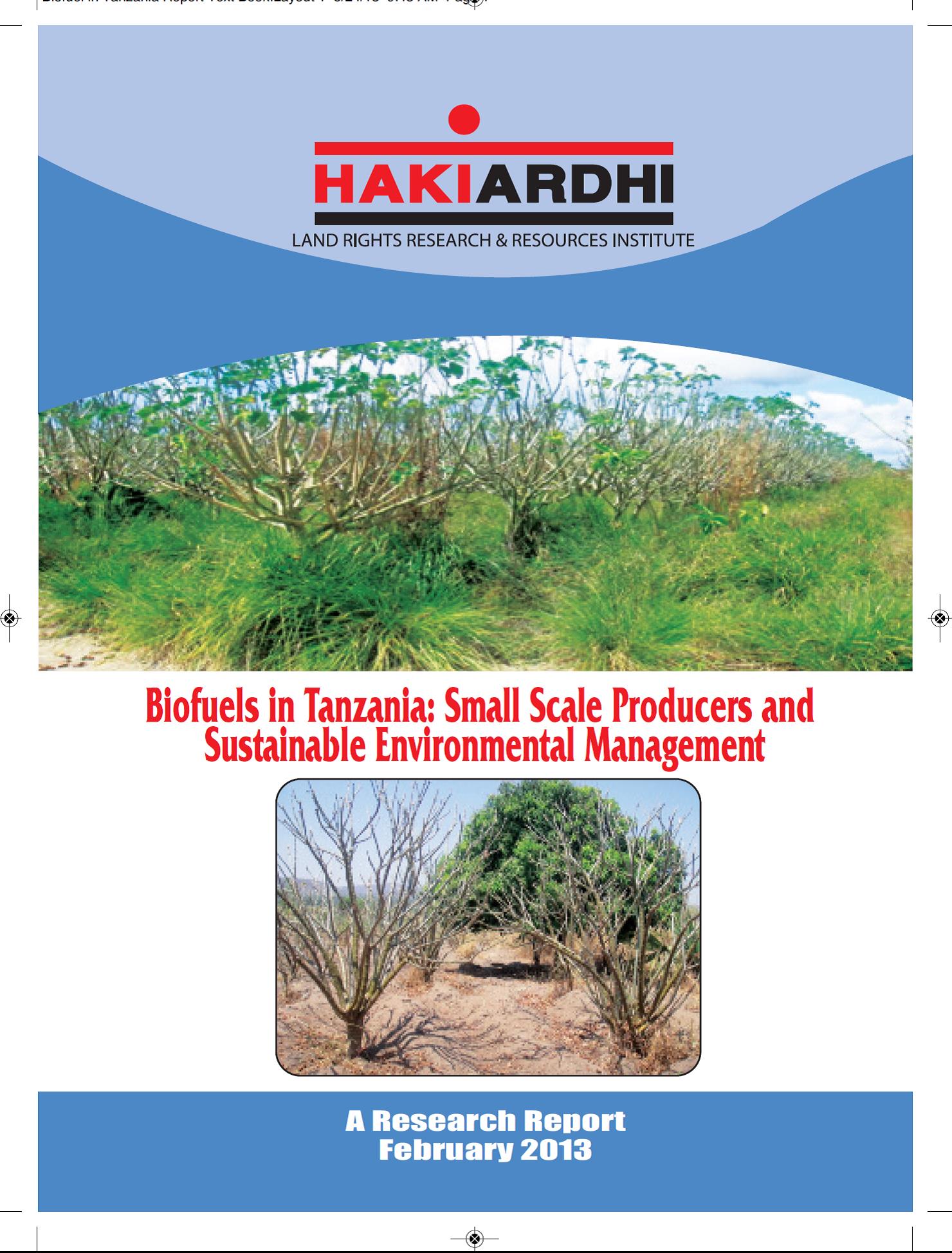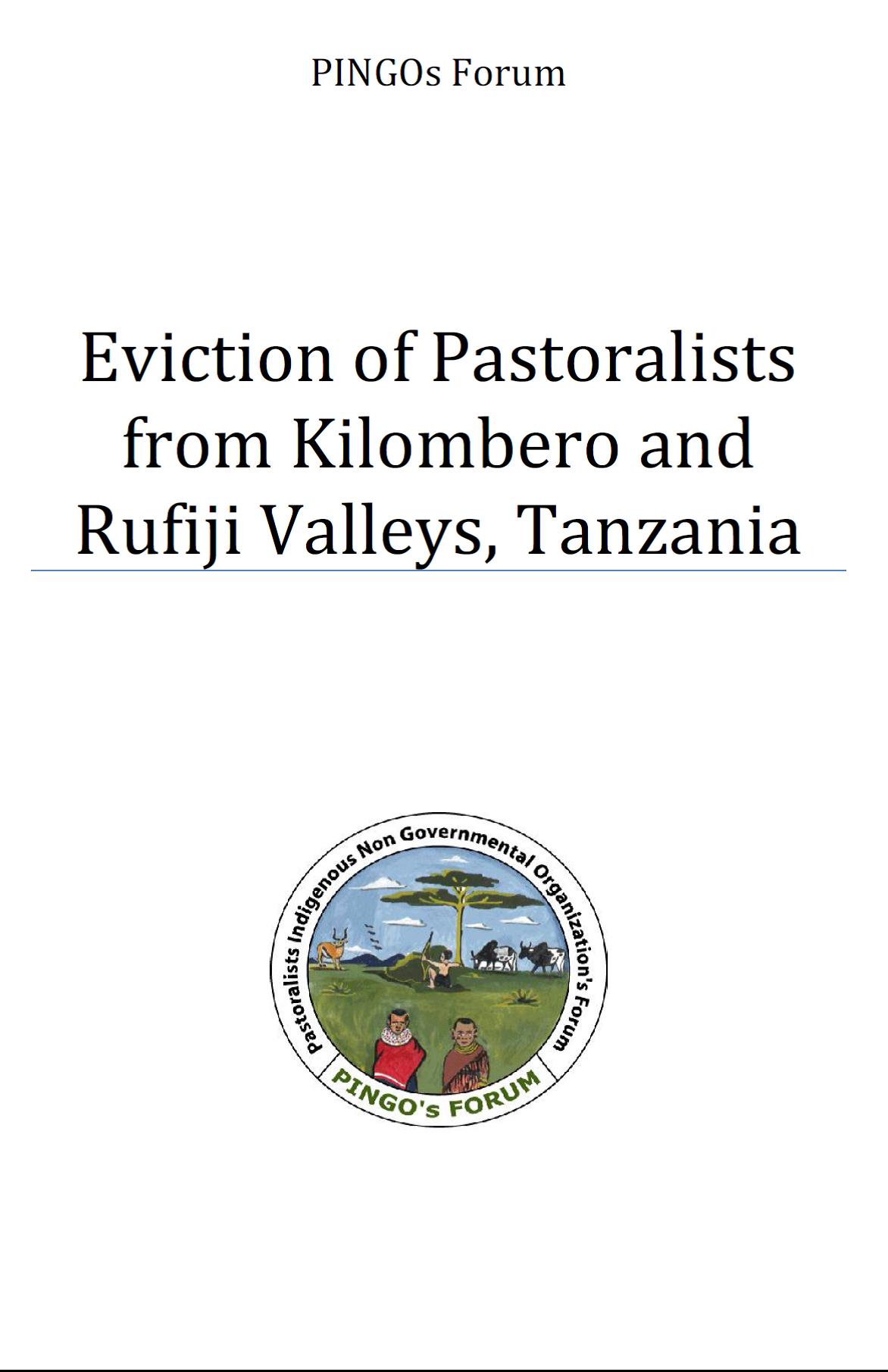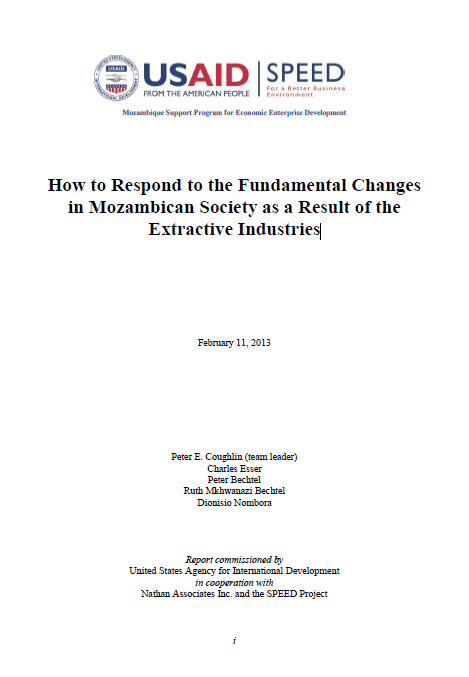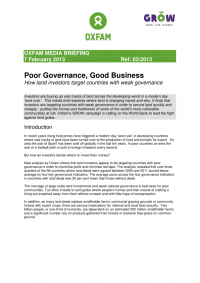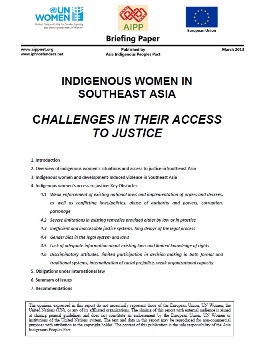Uganda : Country Environmental Analysis
A Country Environmental Analysis (CEA)
is a World Bank analytical tool used to integrate
environmental issues into development assistance strategies,
programs, and projects. To that end, the CEA synthesizes
environmental issues, highlights the environmental and


